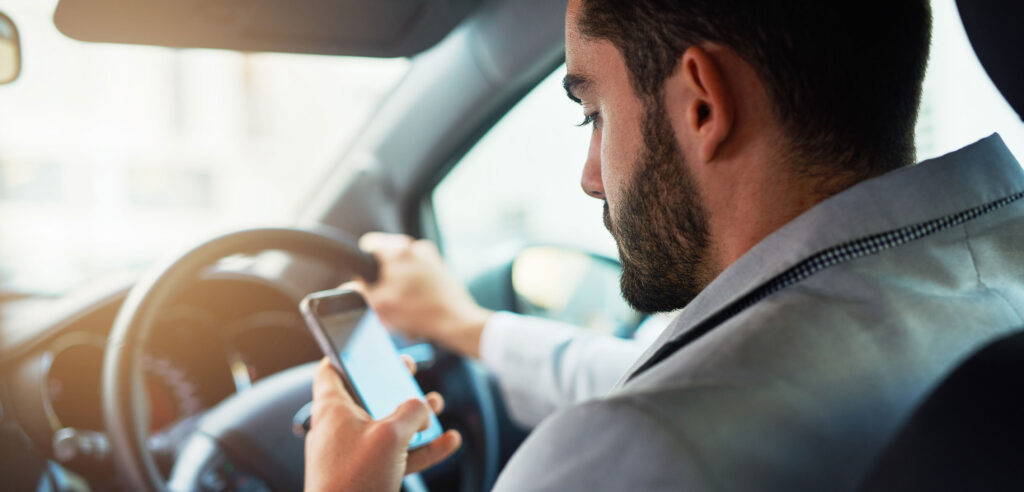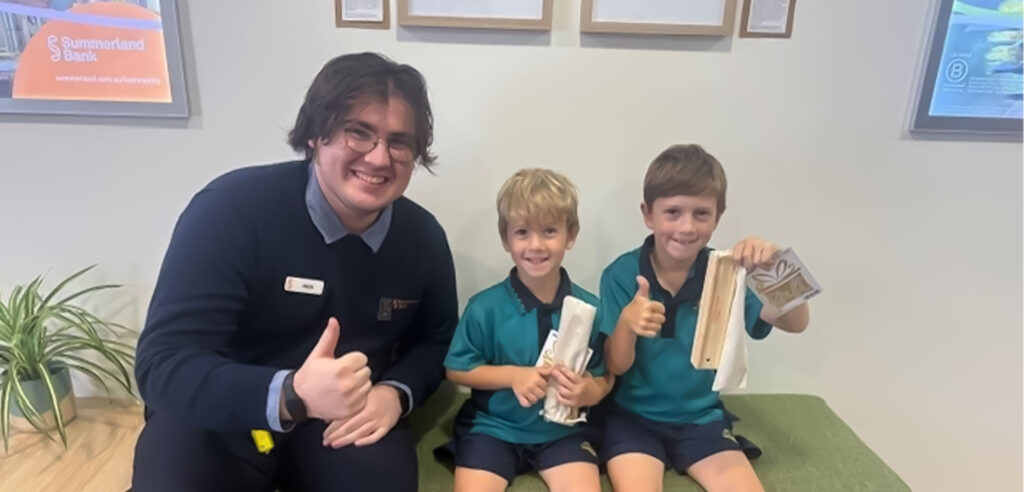Scams associated with Taylor Swift’s concerts have highlighted the risks around ticket scams. We have some tips on how to make sure any tickets you buy are legitimate.
Ticket scams are back in the headlines again after scammers targeted Taylor Swift fans with fake ticket sales through social media ahead of her Eras Tour.
More than 270 people have reported being scammed this way, according to Scamwatch, with Australians losing at least $135,000 to the scam.
How this scam works
Scammers have been hacking into social media accounts to appear legitimate. This is what a ticket scam might look like if you encounter it on socials:
- You receive a social media message or see a social media post offering tickets to a concert or other event for sale from someone you think you know.
- They may have a story about why they can’t go to the concert and are selling the tickets, often “at cost” or at low price.
- The scammer may ask you to pay an additional fee related to changing the ticket to your name.
- They may try to rush you to buy the tickets and transfer the money, referring to the high demand for tickets.
- After you’ve paid, you’re left without the ticket and no further contact, only to find out that your friend or acquaintance’s social media profile has been hacked.
How to avoid being scammed
Scamwatch has some tips on how to stay safe when buying tickets for concerts or other events:
- The safest way to buy tickets is from an authorised ticket seller.
- If you are considering taking up an offer on social media, do your research. Independently contact your friend through a different channel to check it’s real.
- Look for secure payment options such as PayPal, Apple Pay, or Google Pay instead of providing your credit card details to the seller.
If you’ve been affected
- If you have lost money, contact your bank as soon as possible.
- Contact the platform on which the scam occurred and let them know what happened.
- Help others avoid the same experience by reporting the scam to Scamwatch.
- Tell your friends and family. They can support you and it may help protect them from scams by making them more aware.
It may sound obvious, but perhaps the most important thing is to stay alert to scams. Always remember, scammers are highly skilled at manipulating our feelings. They want us to say ‘yes’ before we think things through. So always think twice before buying a ticket on social media, even if it’s from a friend you trust.
This article was written by COBA. To view the original article, click here.






